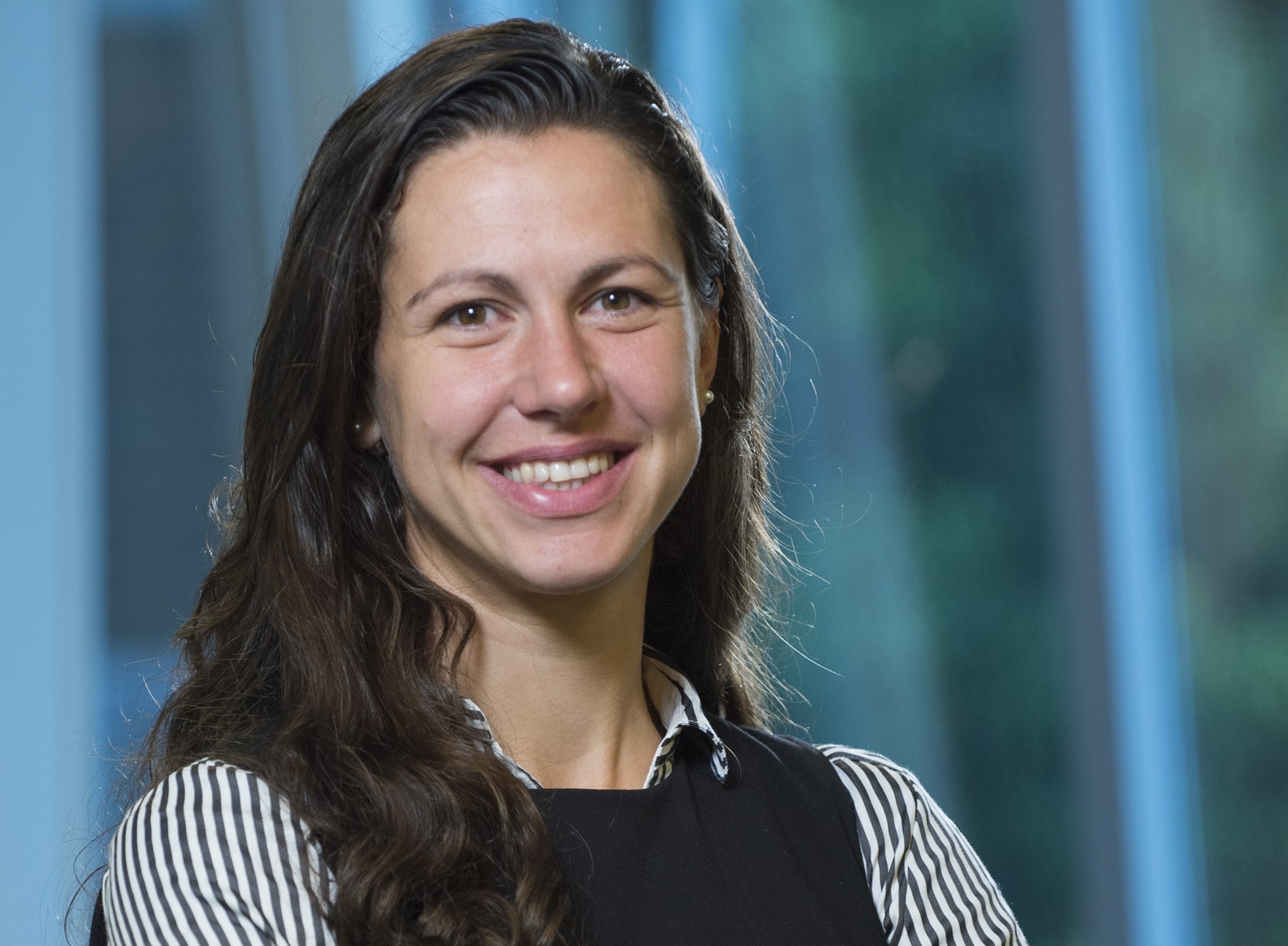World Electric Vehicle Journal publishes work by Smart Innovation Norway researchers
Smart Innovation Norway researchers Dr Iliana Ilieva and Prof Bernt A. Bremdal got their scientific article Flexibility-Enhancing Charging Station to Support the Integration of Electric Vehicles published in World Electric Vehicle Journal (WEVJ) in April 2021.
The article is a result of ongoing work within the CINELDI project, an eight-year Research Centre under the FME scheme (Centre for Environment-Friendly Energy Research), and reflects the experiences from the Horizon 2020 project INVADE.
The Flexibility-Enhancing Charging Station to Support the Integration of Electric Vehicles paper discusses the Inspiria charging station facility in Norway, which enables various charging point operators to offer different charging systems for different purposes and needs.
“The charging station can be considered a specific case of a shared economy, as users share the same infrastructure and much of the same space. By utilizing new technology and the differences in charging needs in an innovative way, the power requirements for charging can be controlled and the severity of high-load periods can be reduced – both within the charging station’s system and outside it,” explains Dr. Iliana Ilieva (photo), Senior Researcher and Scientific Coordinator at Smart Innovation Norway.
Using historical traffic data from the Inspiria charging station’s area and Monte Carlo simulations, the study investigated the impact of charging on the grid – both in the current period and in the future. Attention was paid to the impact associated with the usage of superfast chargers. In addition, the possibility of containing grid disturbances through utilization of local flexibility was investigated.
“Finally, we investigated the benefits that the charging station model brings to charging point operators and car owners. The research reported provides support for ambitions for accelerated roll-out and increased density of cost-effective charging points, the wider implication of which concerns the transition to fossil-free transport and the utilization of locally generated, renewable energy,” says Dr. Ilieva.

